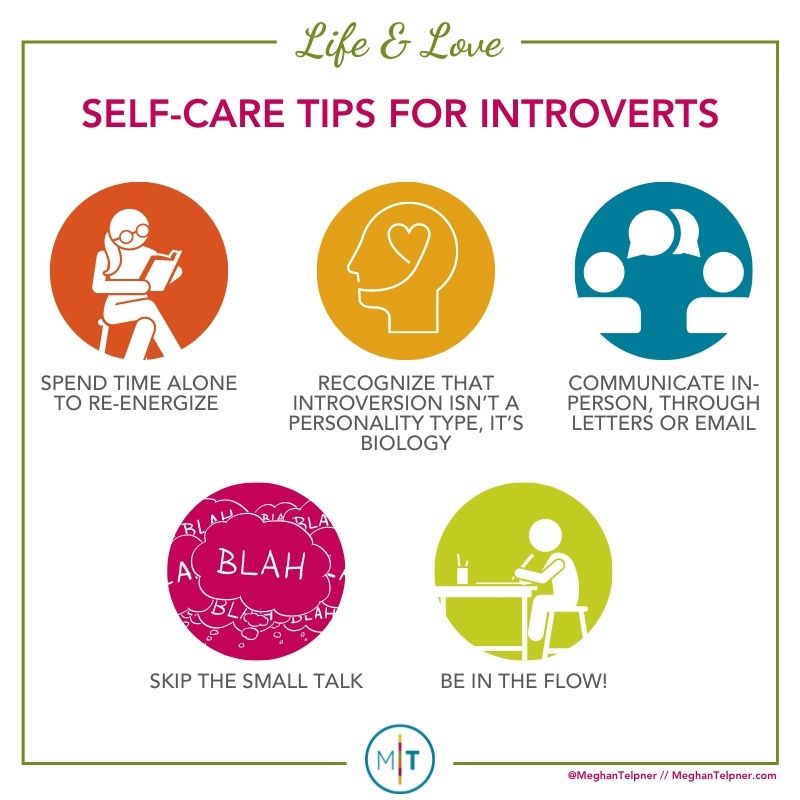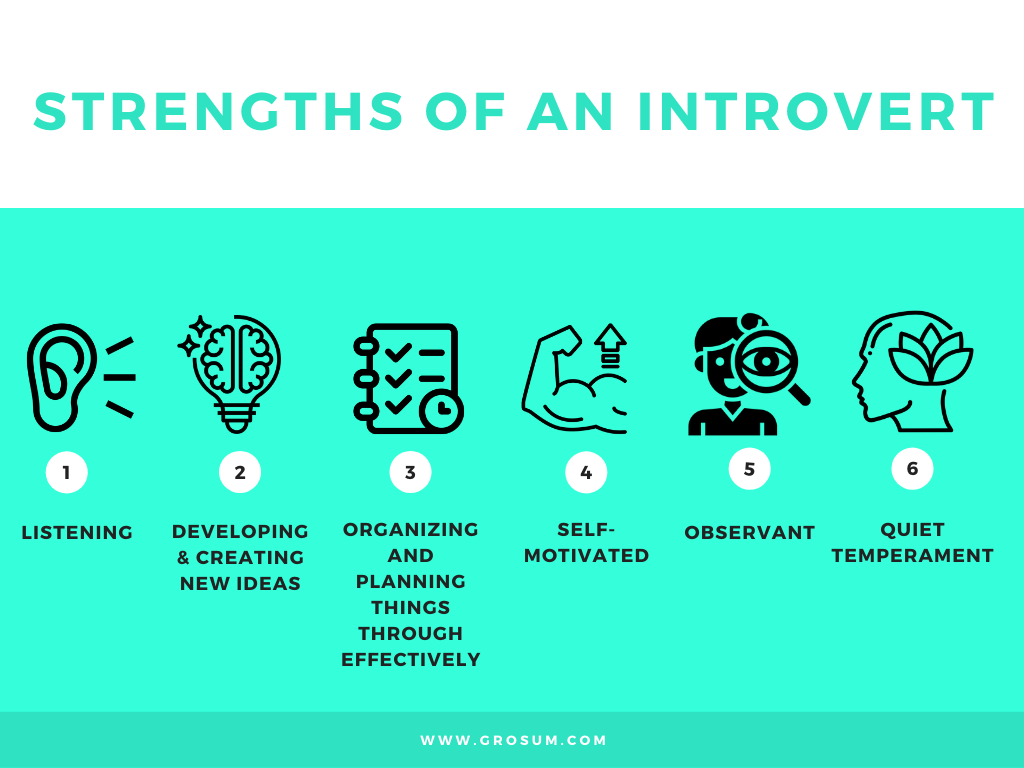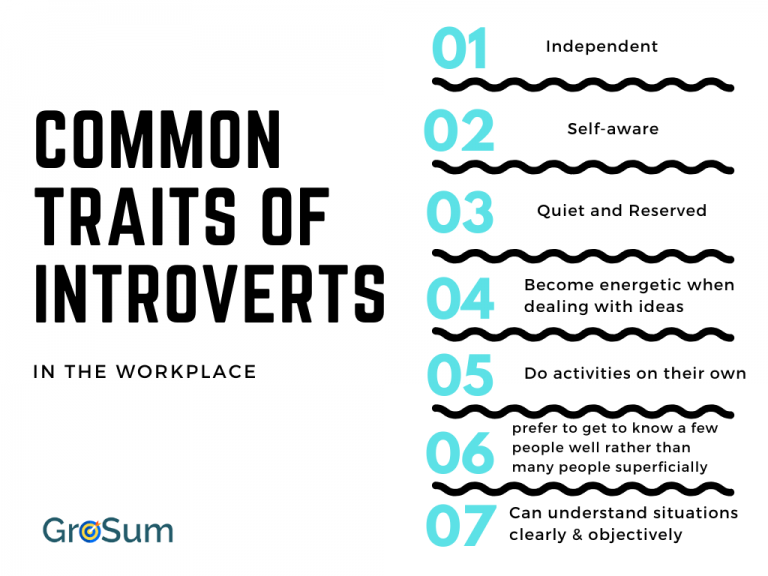How To Deal With Being Introverted

In a world that often celebrates extroversion, introverts can sometimes feel like they're navigating a social landscape designed for someone else. From networking events to team-building exercises, modern life frequently demands a level of outward enthusiasm that can be draining and even anxiety-inducing for those who thrive on quieter, more solitary pursuits. But being introverted isn't a flaw; it's a personality trait, and understanding how to manage it effectively can lead to a more fulfilling and balanced life.
This article explores strategies for introverts to navigate a world geared towards extroversion, manage their energy levels, communicate their needs, and leverage their unique strengths. We will delve into practical tips and expert advice on thriving as an introvert in various aspects of life, from career and relationships to social situations and personal well-being. The goal is to empower introverts to not only survive but to flourish, embracing their innate qualities while finding their place in an extroverted society.
Understanding Introversion
Introversion is often misunderstood as shyness or a lack of social skills. However, it is primarily about how a person recharges their energy. Dr. Laurie Helgoe, author of Introvert Power: Why Your Inner Life Is Your Hidden Strength, explains that introverts gain energy from spending time alone, while extroverts gain energy from being around others.
This difference affects how introverts approach social situations, work environments, and even relationships. They tend to be more reflective, thoughtful, and observant, often preferring deep conversations with a few close friends to large, superficial gatherings.
Managing Energy and Social Interactions
One of the biggest challenges for introverts is managing their energy levels in a world that often demands constant social interaction. Schedule downtime: Plan regular periods of solitude to recharge. This could be anything from reading a book to taking a walk in nature, or simply enjoying some quiet time at home.
Prioritize your activities. Don't feel obligated to attend every social event. Choose those that genuinely interest you and align with your values. Strategically decline invitations without guilt.
Prepare for social events: If you know you have a social event coming up, mentally prepare yourself. Have a few conversation starters ready and remember that it's okay to take breaks.
Communicating Your Needs
It's crucial for introverts to communicate their needs clearly and assertively. Be honest about your limits: Let friends, family, and colleagues know that you need time alone to recharge and that you're not being antisocial, but rather taking care of yourself. Use "I" statements, such as "I need some time to myself" or "I'm feeling a bit drained, so I'm going to take a break."
Set boundaries. Don't be afraid to say no to requests that will overextend you. This can be challenging, especially in a work environment, but it's essential for preserving your energy and well-being. Find your voice. Practice expressing your opinions and ideas confidently, even if you're not naturally inclined to do so.
Leveraging Introverted Strengths
Introverts possess unique strengths that can be highly valuable in various aspects of life. Embrace your listening skills. Introverts tend to be excellent listeners, which makes them great friends, partners, and colleagues. Use this skill to build strong relationships and gain a deeper understanding of others. Utilize the power of observation.
Cultivate your creativity. Many introverts are highly creative and enjoy solitary activities such as writing, painting, or playing music. Dedicate time to these pursuits to nurture your inner self and express your unique perspective. Develop your analytical skills. Introverts often excel at problem-solving and critical thinking.
Thriving in the Workplace
The workplace can be particularly challenging for introverts, but with the right strategies, they can thrive and excel. Seek roles that align with your strengths: Look for positions that allow you to work independently, focus on deep work, and utilize your analytical and problem-solving skills. Create a quiet workspace.
Advocate for yourself: Don't be afraid to speak up about your needs. If you need a quieter workspace or prefer to communicate via email rather than in meetings, make your preferences known. Networking strategically: Instead of trying to attend every networking event, focus on building meaningful connections with a few key individuals.
Building Meaningful Relationships
Introverts often prefer deep, meaningful relationships over large, superficial ones. Focus on quality over quantity: Invest your time and energy in building strong connections with a few close friends and family members. Be present and engaged. When you are with someone, give them your full attention and listen actively to what they have to say.
Communicate your needs: Let your loved ones know that you need time alone to recharge and that it's not a reflection of your feelings for them. Find shared interests: Engage in activities that you both enjoy, which will create opportunities for meaningful connection and shared experiences.
Looking Ahead: A World That Values Introversion
As awareness of introversion grows, there is a shift toward creating more inclusive and accommodating environments for all personality types. Businesses are beginning to recognize the value of introverted employees and are implementing policies that support their needs. Social norms are gradually evolving to accept and appreciate the diversity of personalities.
By understanding and embracing their innate qualities, introverts can navigate the world with confidence and authenticity. The key is to find a balance between honoring their need for solitude and engaging with the world in a way that feels comfortable and fulfilling. The future looks bright for introverts who learn to harness their strengths and advocate for their needs in an increasingly diverse and accepting society.

















:max_bytes(150000):strip_icc()/2795427-signs-you-are-an-introvert-5ae1ee6f0e23d9003989ee1e.png)
